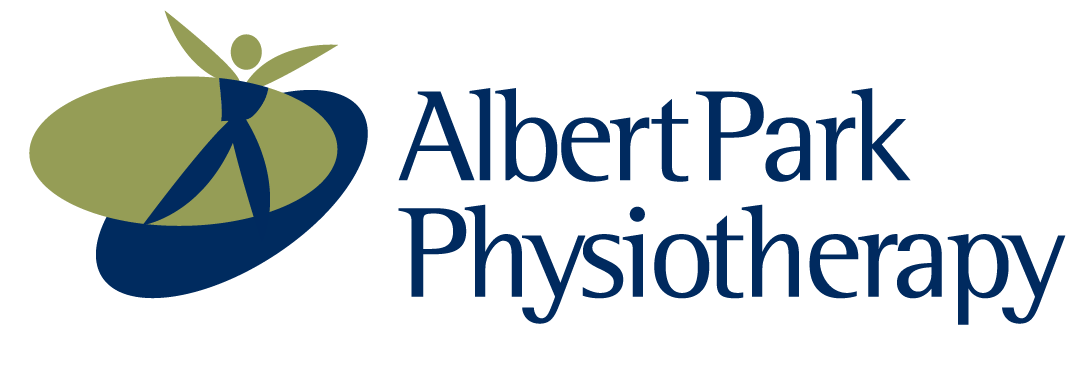Temporomandibular joint disorder… What is it?
Temporomandibular joint (TMJ) disorder is a condition that effects the joint/s of your jaw. It can be painful, cause a loss of function and emotional distress.
How common is TMJ Disorder?
Up to 25% of males and 30% of females will, at any given time, suffer from it. TMJ disorder is considered to be under-reported which means that there are likely to be more, rather than less people who suffer this condition.
Symptoms of TMJ Disorder:
• Pain in the jaw
• Earache – normally felt just in front of the ear
• Headache – mainly temple area, also in the eyes and/or back of head
• Clicking/clunking of jaw
• Reduced movement (locking) of jaw
• Bruxism (grinding of teeth at night)
• Morning pain in jaw area
• Avoidance of foods (e.g. apples, bread rolls, meats)
Possible causes of TMJ Disorder:
• Accidents/Injuries • Orthodontics • Surgery to the jaw/teeth
• Removal of wisdom teeth
Which part of the TMJ can be injured?
• Temporo-mandibular disc • Articular capsule • Ligaments • Muscles
What can be done about TMJ Disorder?
• Specific physiotherapy assessment and treatment (that could include massage, mobilisation of the TMJ (both intra and extra-oral techniques), exercises, dry needling, electrotherapy).
• Occlusion splints (see your dentist)
• Using heat/cold packs for pain relief
• Medications to reduce inflammation/muscle spasm/pain (your GP may be involved)
• Modification of postures or habits
• Diet modification
• Surgical intervention (by an oral-maxillofacial surgeon)
How long does it take to recover from TMJ Disorder?
Recovery time depends on:
• How long you have had the condition
• Whether you do the exercises prescribed
• Whether you adhere to the advice given
• Your response to the physiotherapy intervention
Who can help with TMJ Disorder?
Our principal David Bajayo, is an experienced physiotherapist with specific post-graduate training in assessing and treating clients with TMJ/TMD.









